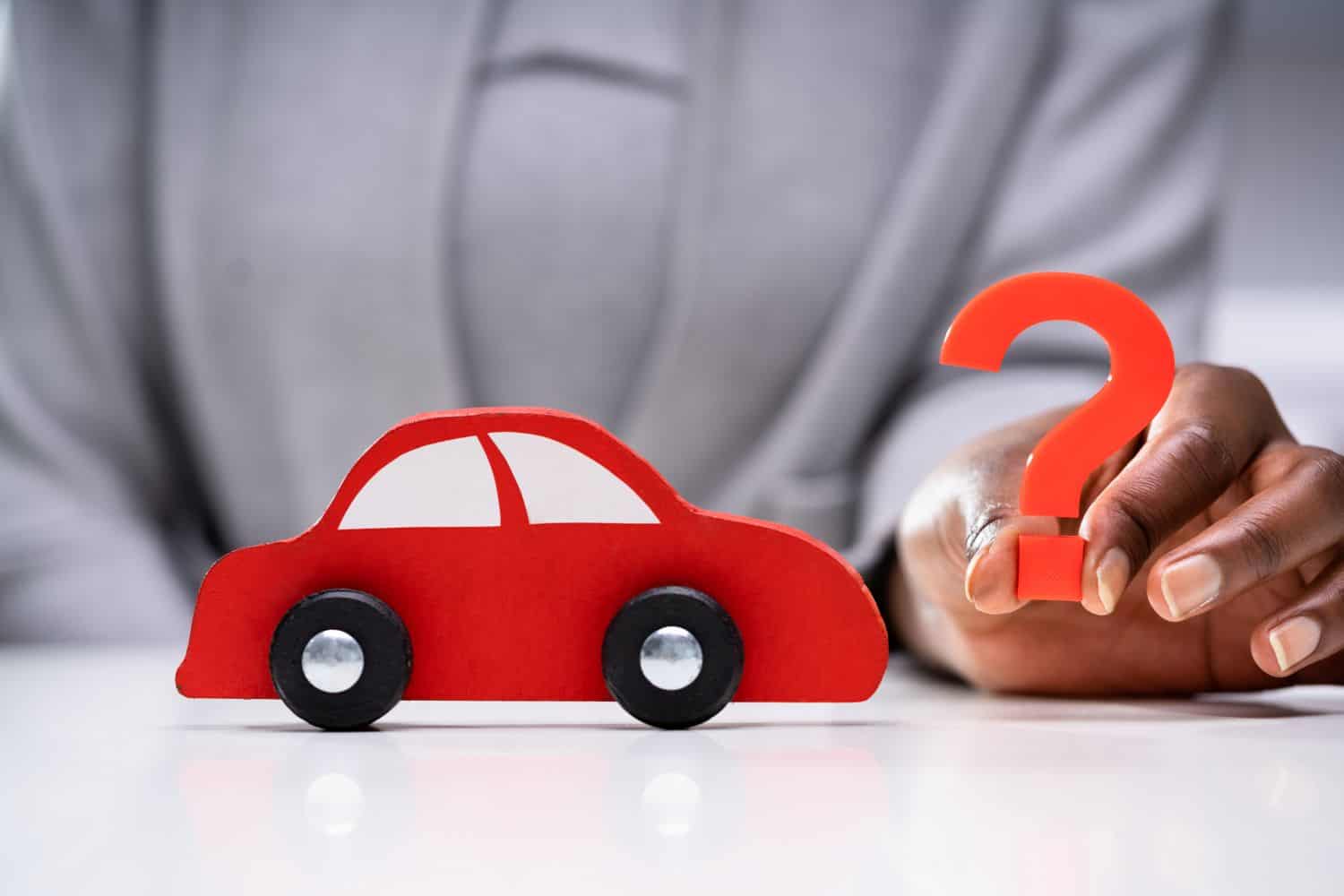You can even buy a car online and have it delivered to your house. The question is if you really still need a car in 2025.
Our lives have changed significantly in the past few years. We can work remotely, shop remotely and bank remotely. Apart from going on holiday and taking the children to school, most of us could almost get along without owning a car. Is it then still worth it to buy one?�
We live in an era of ride-sharing apps, remote work and growing environmental concerns, which makes the once-straightforward decision to buy a car trickier than parallel parking in peak traffic, Cheslyn Jacobs, chief commercial officer at TymeBank, says.
“Across South Africa, new and used cars sport price tags that have many consumers questioning whether the traditional milestone of car ownership is still attainable and, more importantly, if it makes financial and practical sense.”
ALSO READ: Buying a car? Keep this in mind
Car ownership: status symbol or financial strain?
Jacobs points out that the cheapest entry-level new car in today’s market starts at approximately R178 000.
“The numbers are not encouraging. Yet, even with rising interest rates and fuel prices, the long-held aspiration of owning a vehicle remains a compelling choice for many. And it is about more than getting from point A to point B.
“Let’s be honest. South Africans are often not the pragmatic type when it comes to buying a car. We all want to make a statement of our personality, our financial might or our social status. We want to rev our new cars or dominate suburbia with our 4x4s.”
However, he says, to show financial maturity, you must buy a car with your head, not your heart. “Your choice of transport should be dictated by your needs. Ask yourself: how far do you drive every day? Do you drive on highways, suburban streets or gravel roads? Do you expect to grow your family in the next few years?
“These questions will help you pick a car that matches your lifestyle – if you need one at all.”
ALSO READ: Here’s why you should – and why you shouldn’t – buy a new car
If you do need a car, what are your options?
Jacobs says if your lifestyle demands that you have a car, the general rule is that you should not spend more than 20% of your total income on car repayments.
“For buyers unable to pay cash there are several financing options, each with distinct advantages (and disadvantages). Vehicle asset finance that some banks and dealerships offer typically provides competitive rates since the car serves as collateral.
“If you have an existing home loan you could consider accessing your home equity to potentially benefit from even lower interest rates. Personal loans also offer flexibility and the ability to buy from private sellers but usually carry higher interest rates.”
Jacobs emphasises how important it is to understand these terms and conditions of each option to ensure you make an informed decision:
ALSO READ: Need a new car? These are the payment options available to you
Paying with vehicle asset finance
- Understand the terms and cost of the loan. The car may be priced at R100 000 but that number increases exponentially, depending on your interest rate.
- Understand what happens if you fail to repay your loan. The car belongs to the bank/financing house until you have paid it off in full.
- Remember to factor in car insurance, as most lenders require comprehensive insurance for the duration of the loan. This protects you as well as the lender in case of accidents or theft.
- Consider saving for a large deposit to reduce the monthly repayment costs.
- Be wary of balloon payments due to the large fees payable at the end of your term.
ALSO READ: 1.9 million people qualify for car financing but do not use it
Paying for your car through home loan financing
- This option requires careful consideration, as adding car debt to your home loan means your home serves as collateral for both loans.
- Another consideration is the impact it will have on your home equity. Using your home loan to finance a car reduces the equity in your home. This can affect your ability to borrow against your home in the future and may affect your financial flexibility.
- Finally, if you decide to use your home loan to finance your new car, it is wise to aim to repay the loan within 48 months to minimise the interest costs and ensure you do not extend the debt over a longer period, which could affect your financial stability.
ALSO READ: What you need to know about personal loans
Paying for your new wheels through a personal loan
Before taking out a personal loan for a car, there are several critical steps you should take:
- Shop around for the best loan terms by getting quotes from multiple banks and lenders.
- Compare loan fees, interest rates and monthly payments.
- Calculate what percentage of your monthly income would go to car expenses. Financial experts recommend keeping total car payment costs under 15-20% of your take-home pay.
- Consider certified pre-owned cars which often cost less.
- Research the best time of year to buy when dealers offer discounts.
“Before diving in headfirst, first make sure you are financially ready. This includes reviewing your credit score and report before applying for finance, addressing any credit issues that could lead to higher interest rates, calculating your debt-to-income ratio to ensure you qualify and building up an emergency fund before taking on car payments.”
Jacobs warns that you must ensure that you completely understand the expenses involved, including insurance, service and unexpected repairs.
“Finally, you must consider the impact of a car loan on your other financial goals, such as further education or pursuing that dream of overseas travel.”












